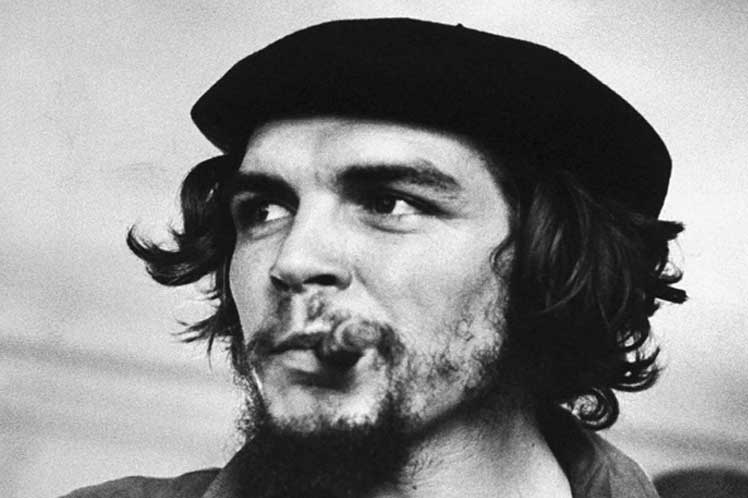On his Twitter account, the president described Guevara as a historic leader and recalled his militancy and action against injustices and the dignity of the peoples.
‘(…) he inspires us to work relentlessly for the poorest. Until victory always!’, Arce wrote on Twitter.
Guevara, known worldwide as Che, is one of the symbols of the guerrilla fight for the emancipation of the peoples in the mid-20th century.
Trained as a doctor, he was one of the main military leaders in the fight against the Fulgencio Batista’s dictatorship in Cuba (1956-1958), and in the subsequent construction of the socialist state.
His liberating vocation took him to Africa, where independence movements for national liberation were beginning to take shape, and then to South America, where he led the guerrilla movement in Bolivia, where he was assassinated on October 9, 1967.
ef/aph/mgt/avs
Presidente de Bolivia evoca impronta del Che Guevara
La Paz, 14 jun (Prensa Latina) El presidente de Bolivia, Luis Arce, evocó hoy la impronta del guerrillero argentino-cubano Ernesto Che Guevara, a propósito de la celebración del aniversario 93 de su natalicio.
En su cuenta en Twitter, el mandatario calificó a Guevara de líder histórico y recordó su militancia y acción contra las las injusticias y la dignidad de los pueblos.
‘(…) nos inspira a trabajar sin tregua por las y los más humildes. áHasta la victoria siempre!’, escribió Arce en la red social.
Guevara, conocido mundialmente como Che, es uno de los símbolos de la lucha guerrillera por la emancipación de los pueblos de mediados del siglo XX.
Médico de formación, fue uno de los principales jefes militares de la lucha contra la dictadura de Fulgencio Batista en Cuba (1956-1958), y en la posterior construcción del Estado socialista.
Su vocación liberadora lo llevó a África, donde se comenzaban a gestar los movimientos independentistas de liberación nacional, y luego en Sudamérica, al frente de la guerrilla en Bolivia, país donde fue asesinado el 9 de octubre de 1967.
mgt/avs









